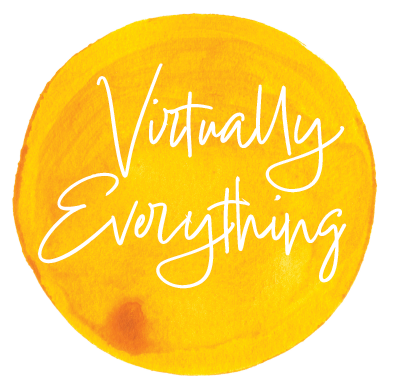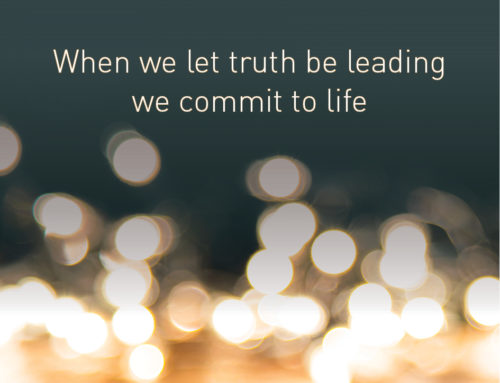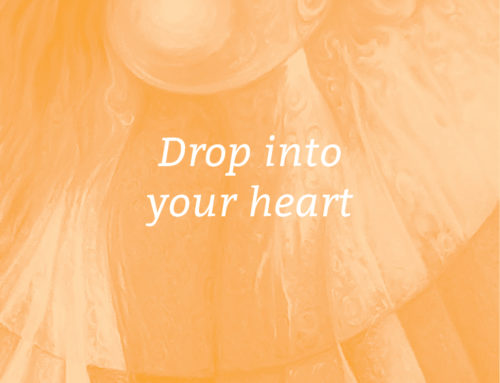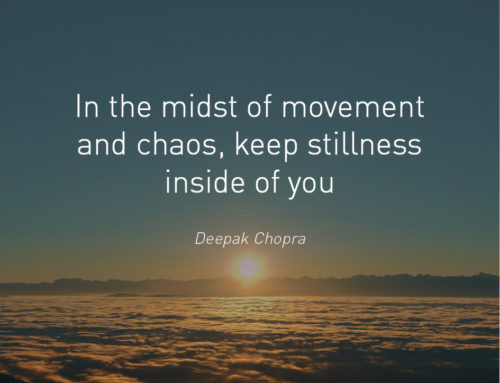I recently witnessed bullying. An adult was being bullied by other adults. In a subtle and not so subtle way. From talk behind the back to in-the-face-yelling. From blaming the person for everything that’s going wrong to constant little nasty comments in public. And so on. There was no chance this person could ever do anything right. The bully had made up his mind and the victim was going to know about it.
The bullying behaviour described is what I mean by ‘it’ in the title of this post. “It is not about you,” I said to the victim. “Don’t take it personally. Unfortunately you are just the chosen victim. Once done with you the bully moves on to someone else. Unfortunately it impacts your circumstances, but don’t question yourself.”
You are just the chosen victim
It is not about you. Actions, reactions, emotions, responses from people to others (‘you’). I’m talking about behaviours that are basically bringing someone down. Gossip, anger, aggression, bullying, being mean, making fun of someone, and so on. Even to the extent of violence. These behaviours are not about you. It’s against you – the person has chosen you as a victim (for whatever reason). But it’s not about you.
So what is it about? When people show these behaviours in any shape, form or intensity, we sometimes say: he (or she, but I just keep using the word he for the purpose of ease), he is just doing that to bring the other down, so he can feel better about himself.
I guess that’s true. Some people need to bring others down to lift themselves up. If we take that further; would he behave like that so he doesn’t have to look at himself? Is he making someone else the problem, so he doesn’t have to face the problem within himself?
In one of the many inspirational talks I have been listening too, I came across this one in relation to behaviour that brings people down: ‘They’re just repeating what happened to them in the past.’ Not an exact copy of the behaviours I guess, but possibly the same pain that lies underneath.
Let’s take an extreme behaviour as an example: violence. Without any psychology background, we can assume there is something not quite right with the violent person; likely there is something in this person’s history that makes him behave the way he does. And instead of facing whatever is really going on, it comes out in the form of violence.
With the above in mind, do you believe that the violence is about you? Or is it just a matter of being in the wrong place at the wrong time? If it wasn’t you, would it have been someone else? Probably yes. The person that gossips, will gossip about more people than just you. The person that bullies, likely has had other victims before and more will follow. The person that blames others for his misery as others keep getting it wrong, has made the same accuses to others before. The one who abuses you, will be abusive without you too.
It’s not about you.
It’s about the other.
Practicing compassion for your own peace
I think it is very important to see and understand this. It certainly helps me, even in the smallest comments that we all get sometimes. As we were to take any of that toxic behaviour personally we’ll destroy ourselves. It will kill confidence, make us bitter and angry, doubt ourselves, think there is something wrong with us – or a combination of all of this, and more. Very harmful to our being.
When you can deeply connect with that knowledge, you can also access compassion. And that’s the part that stops the behaviour from being harmful to you. Practice it next time. Say to yourself: “it’s not about me, this is about you, about what is going on within you.” You can even go further and say (still to yourself only!): “I’m sorry you are going through this. I’m sending you blessings and healing for your pain that make you act this way.”
And to take that even further, you can access forgiveness – which is by the way not the same as ‘approving the behaviour’. Forgiving someone is not saying ‘it’s okay what you did’ (a blog about this another time). Just think about this for a moment. Tap into compassion, and how freeing it would be to forgive, rather than hanging on to being angry, disappointed, blame and so on – hanging on to victimhood really. Make the shift from ‘victim’ to ‘in control’. Control of your being.
This can be very powerful. As you kind of draw an imaginary line between you and the other person, a boundary that says: “you can act the way you do, but you won’t get to my being. I may have to go through all sorts of inconveniences (in more serious cases), but my being is mine and can’t be touched.”
Keeping the peace within you, no matter what happens
Here is an own (subtle) example of how I now use this in daily life: I recently was a bit slow with my bike (with child in the back seat), trying to start up after the light changed back to green. And a woman behind me yelled: “hurry up, you’re holding us up.” And all I thought was; “it’s not about me.” It is such a wonderful feeling to be able to stay peaceful when that happens. To not get irritated, angry or say something unkind back. To just stay neutral and move on from the second it happens. Not for the other person (although that’s nice too), but just for yourself – why take on that yuk energy? I even sent her blessings: “may you find patience, and compassion for mothers on bikes with children and bike panniers filled with beach gear and food.” I really hope some of it clang on to her while she was speeding past.
But sometimes… it is about you
Now we have looked at other people behaving undesirably towards us, or the people around us. But we can be the misbehavers too at times! Let’s turn it around. When we catch ourselves being mean, talking bad, making a nasty comment, bringing someone down, and so on. It can be so so subtle – but we know it when we do it! Time for honesty with ourselves (starting to like these honest conversations yet?)
When you see yourself doing ‘it’, ask yourself: what makes me do this? Is it really the other person? Or is it me? What do I want from this person? How do I want this person to feel, or what do I want him to do? Why?




